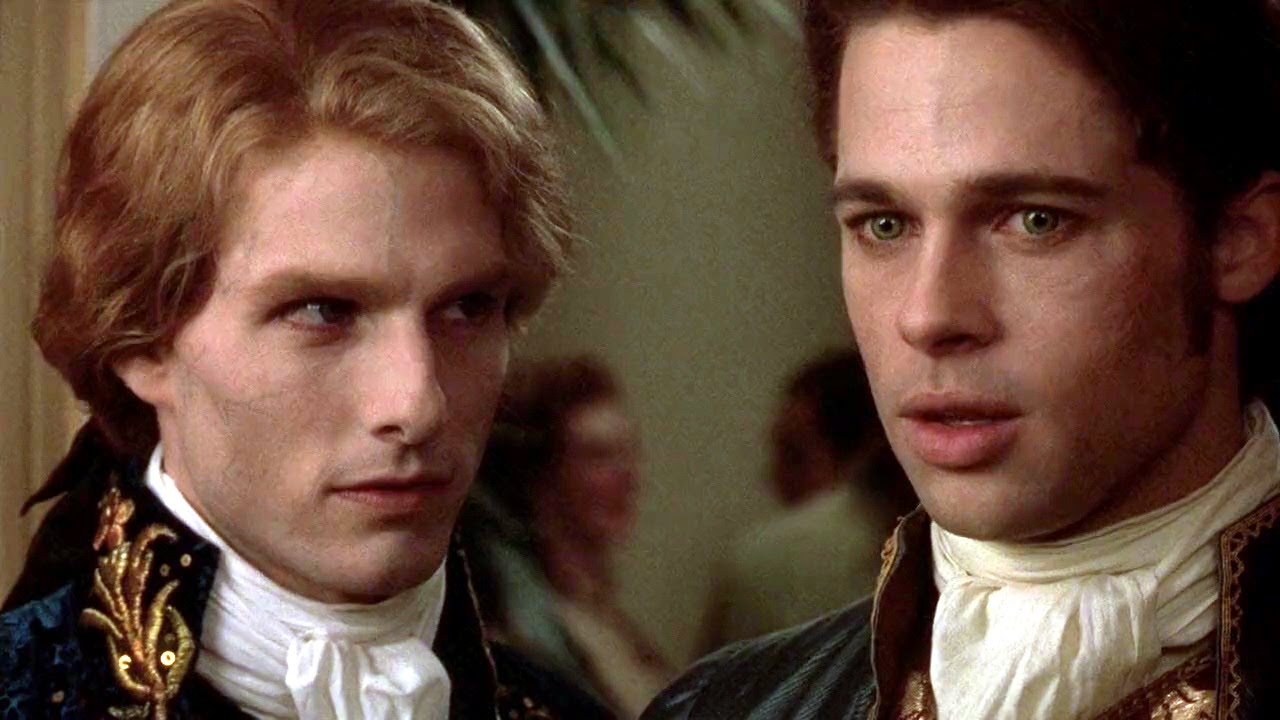Five of the Best LGBTQ+ Movies of the ’90s
Representation does matter folks

First off, I need to say shame on me for not including The Rocky Horror Picture Show (1974) on my ’70s and ’80s list. What the hell was I thinking? Who knows? It probably slipped my mind while I did the time warp. Aside from that ridiculous slip, I’m back at this again.
LGTBQ representation across film genres has varied. We’ve seen the good, the in between, and the terrible, but we’ve certainly come a long way in terms of how queerness is explored. Even the genre films people have hailed as very queer, like A Nightmare on Elm Street 2: Freddy’s Revenge (1985), have a tinge of homophobia. All of that is simply hard to ignore when you’re looking through a modern lens. Sometimes allowing room to view things in the context of the time in which they came out is important. But truth be told, it isn’t always.
When it comes to live action, I almost never watch outside of horror, thriller, dark comedy, or a blend of all 3, so that should give you some idea of what to expect from my take on this list! So, let’s get down to some of the best LGBTQ movies of the ’90s.
The ’90s, baby!
Oh, the ’90s! A pretty iconic time for horror and queer cult classics in particular. And also, bonkers thrillers that you never forget after you’ve watched them. Think Single White Female (1992), Basic Instinct (1992), and Wild Things (1998). Regarding queer films though, it’s pretty complicated. The evolution of representation is huge when you think of where we are now. Though the below films are must watch, even if it’s just one and done. You can even watch the ones I mentioned above and see what queerness you’re able to get from them. And believe me when I say there would be more on the list if I wanted to get into queer-coded films. I could go on and on about that.
Interview With the Vampire (1994)
Before the upcoming AMC series, there was a film adaptation of Interview With The Vampire, based on Anne Rice’s novel. This gothic horror film is undoubtedly queer and really dramatic, following Louis (Brad Pitt) and Lestat (Tom Cruise), whose relationship is highly subtextual. After Lestat turns Louis into a vampire, everything gets a bit chaotic. Granted, he owned slaves prior to becoming a vampire, so … there’s that. It’s certainly not something that’s easily forgettable as the movie carries on. And he spends most of the movie sulking. Classic vampire angst, am I right? Yet we can’t help but regard this film because the queerness is certainly there. Thankfully, we’ve come quite a ways since ’94.
Heavenly Creatures (1994)
Believe it or not, this movie was based on the true story of Pauline Parker, who murdered her own mother. It’s a very wild case and the movie doesn’t hold back. Heavenly Creatures (1994) is about Pauline (Melanie Lynskey) and Juliet (Kate Winslet), who have a deep connection and eventually develop feelings for each other, which leads them to murder Pauline’s mother.
There’s something so dreamlike about this movie, which makes it even more queer than the true story is. The movie is set in the ’50s, and it’s a complete defiance of societal rules at the time. Queerness was seen as a literal illness, and the fact that the girls are part of religious families makes their situation even worse. Their fantasies about a new type of heaven are so radical, too. Go into this with an open mind if you’re on the fence.
Bound (1996)
A sexy neo-noir thriller with a queer love story at the center? Hell yes. This movie is so sensual with such a tense atmosphere. Corky (Gina Gershon) and Violet (Jennifer Tilly)’s relationship is the biggest highlight of this film. It’s beyond dangerous for Corky and Violet to get involved with each other because of Violet’s mafioso boyfriend. However, since Violet wants to leave him, she and Corky concoct a plan to steal two million dollars of Mafia money. The intense sequences and realistic sex scenes are part of what make the film work. It’s not about appealing to straight men. Instead, the women seek pleasure and love for themselves and each other.
But I’m a Cheerleader (1999)
It may be controversial to include this one on the list, but over the years, people have embraced films that got a shitty reception upon their release. But I’m a Cheerleader (1999) may seem a bit distasteful, since it’s a satirical comedy surrounding conversion camp, and horrible camps like that still exist today. But there’s something endearing about these characters. Plus, the chemistry is great between Clea Duvall and Natasha Lyonne. Knowing Clea was incredibly closeted while filming this movie adds a certain depth to it. She was expressing herself through a character, and that’s the magic of performance.
The Talented Mr. Ripley (1999)
I hesitated to include this on the list because of how shitty Patricia Highsmith is. However, since the movie is merely inspired by her work, I’m going to include this anyways. The Talented Mr. Ripley (1999) is a bonkers film about Tom Ripley (Matt Damon) and how good he is at conning people. But it also explores the harsh reality of being in the closet and risking rejection if you briefly step out—not to mention the movie is set in the ’50s. But since the movie is pretty much all white people (most of whom are rich), Tom is able to easily move throughout their world. The film features some great performances and a very tragic ending.
Honorable mention: The Craft (1996)
(featured image: Warner Bros.)
Have a tip we should know? tips@themarysue.com